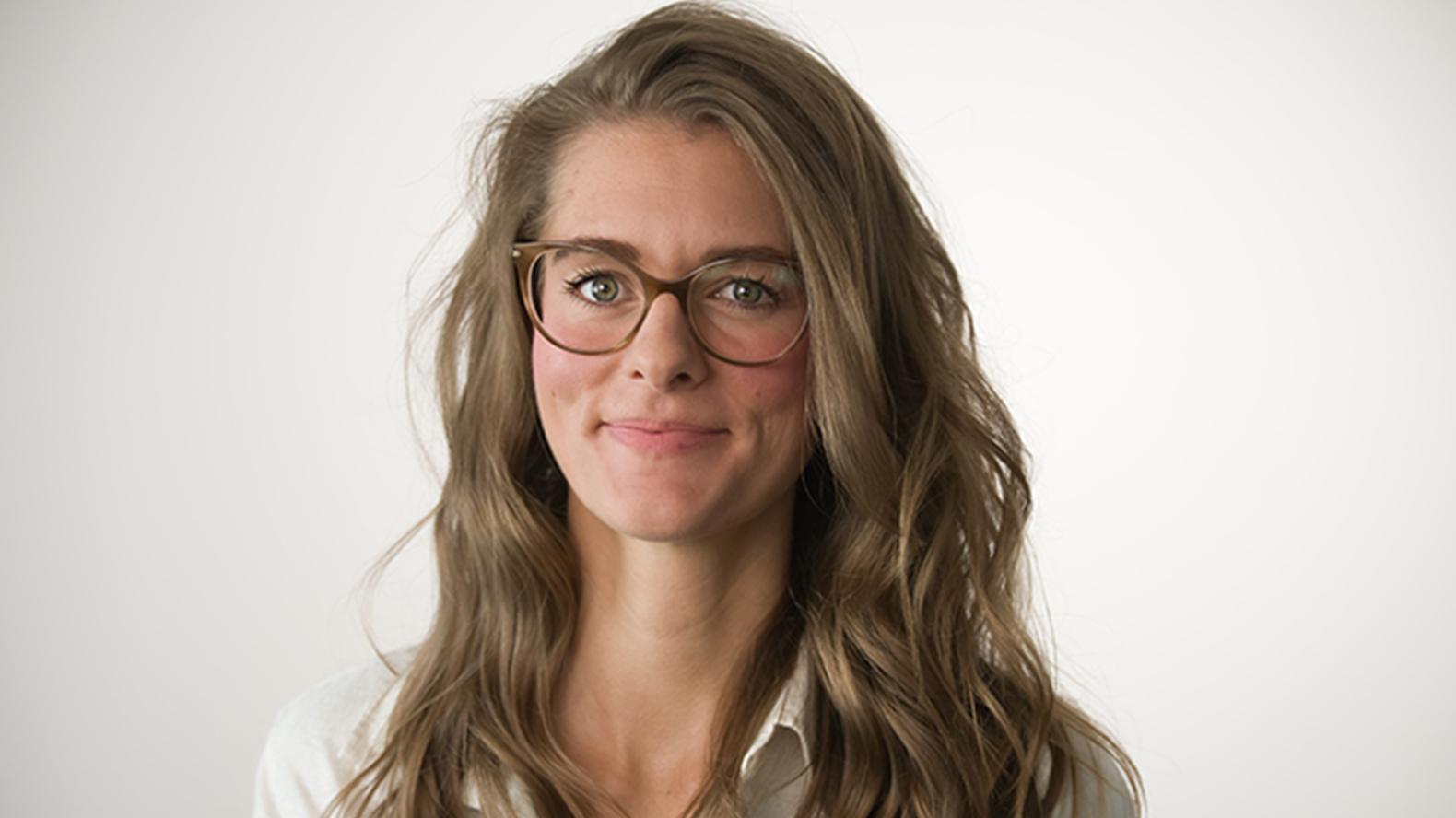
Excerpt from an interview with Annie Montague, Department of Educational Studies (MA), on how developing nature-based activities at the UBC Learning Exchange combined academics, career and community.
Read the full story and learn more about the UBC Learning Exchange.
What did you do at the Learning Exchange?
I was a masters student in the Faculty of Education with a focus on environmental education, so I developed a series of place-based activities for community residents. The DTES has a lack of green-space relative to other areas in the city; many people view the neighbourhood as devoid of nature with limited opportunities to engage with their surroundings. However, there is so much happening in the DTES that intertwines social and environmental justice. So, I spent a lot of time connecting with people already doing impactful nature-based work in the neighbourhood who might want to collaborate, and developing new activities and experiences based on community members’ interests. Plus, the Learning Exchange Drop-In program was already planning awesome field trips—to Lynn Valley, the Beaty Biodiversity Museum, the International Bird Festival, Stanley Park, Trout Lake for National Indigenous People’s Day—that fit with the series I was planning.
In the end, we organized 15 sessions and field trips, so it’s hard to choose one highlight. For example, during the International Bird Festival, artist Jaymie Johynson taught us how to weave invasive plant species into bird nests, which were later showcased in an art installation on the Arbutus Greenway. Many times, Hives for Humanity invited us to workshops at the nearby Hastings Folk Garden. A favourite was when Indigenous herbalist Lori Snyder taught us about the plants growing in the neighbourhood and their medicinal uses. At another, we created plant terrariums. A community resident suggested it after seeing boutiques pop up in the neighbourhood selling small potted succulents for $20-80 each. He suggested we could make our own. For me, it connected so many threads—the idea came from a community member, it was focused on nurturing plant life, had the potential for duplication and income generation, pushed back against the gentrification in the neighbourhood, and could be made with up-cycled or low-cost supplies.
The work was perfectly timed in terms of my studies intersecting with practical, hands-on experience. It gave me a place to broaden my practice into adult education, which up to that point had been focused on children and youth.
Learn more
Read the full interview with Annie Montague, and find out more about the UBC Learning Exchange's work in community-based research and programs.